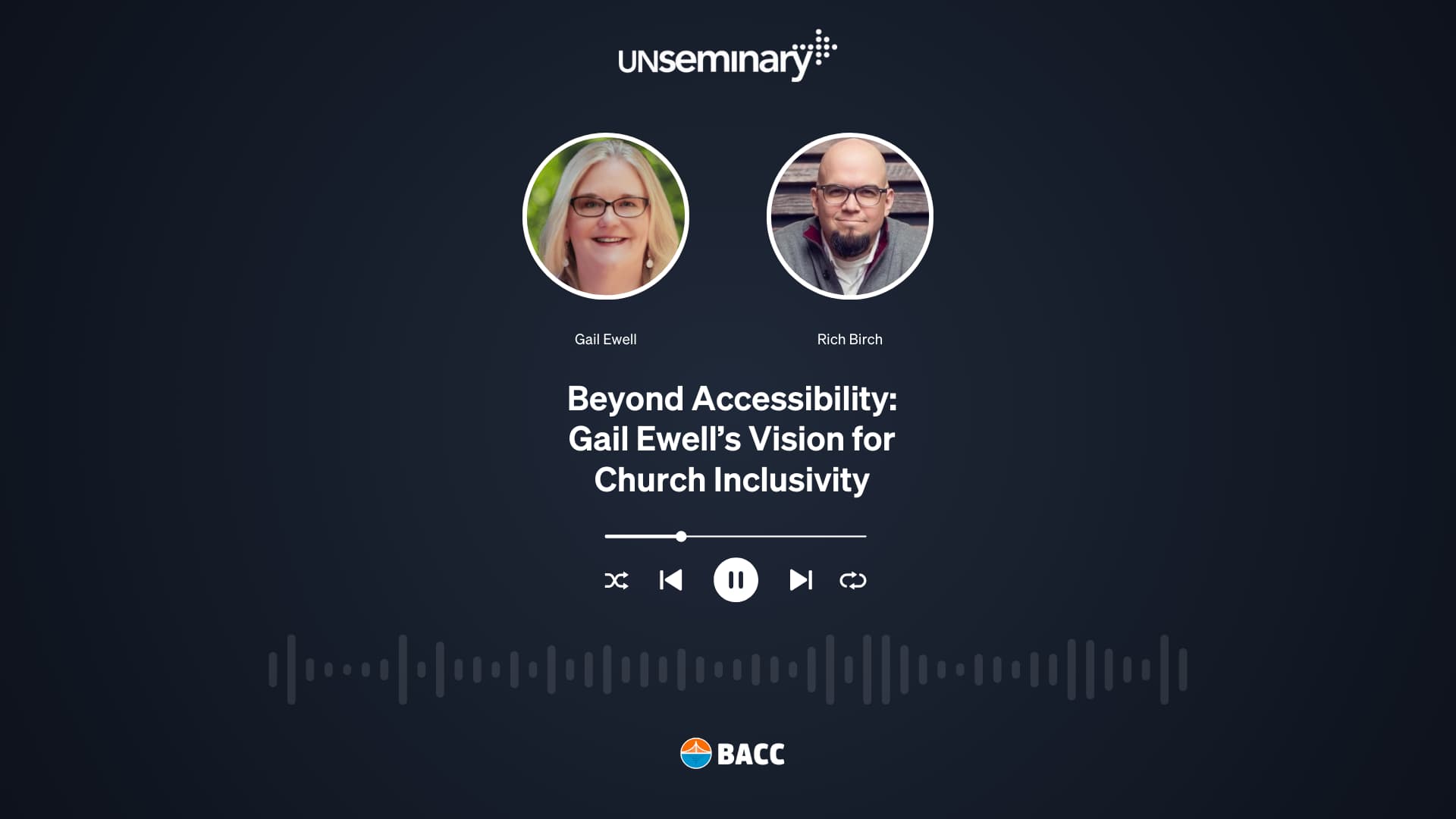Sign up for The Good Stuff
Our weekly newsletter filled with news, updates, and inspiring stories of how God is working in the Bay Area.
"*" indicates required fields
Sign up for The Good Stuff
Our weekly newsletter filled with news, updates, and inspiring stories of how God is working in the Bay Area.
"*" indicates required fields
Rocky 3, Hoosiers, Remember the Titans and Karate Kid are some of my favorite movies. Anyone who has participated in a sport or competed at anything will be transported back to a personal experience through these movies. For me, they reminded me of my experiences coaching and competing in wrestling. Each of these movies follow a similar storyline – a person or team struggling to be successful is transformed into a winner through the efforts of a coach or mentor. At the end of each movie is a hard-fought victory that brings clarity to the athletes on the value and influence of their coach. In each of these movies, the main character’s victory ultimately depended on how coachable they were.
Have you ever thought about how coachable you are?
Merriam-Webster dictionary defines “coachable” as capable of being easily taught and trained to do something better.
I have never met anyone who didn’t wish they were better at something in their lives, including their spirituality or faith. At the same time, I have never met someone who was willing to be coached who didn’t get better.
God gives us two valuable coaching resources to ensure our spiritual success. First, he puts the Bible in front of us to guide and train us – in effect, to coach us.
All Scripture is God-breathed and is useful for teaching, rebuking, correcting and training in righteousness, so that the servant of God may be thoroughly equipped for every good work.
2 Timothy 3:16-17 (NIV)
Secondly, God provides relationships to guarantee we make progress. In fact, the Bible teaches us that we have an obligation to one another to “see to it” that nothing gets in the way of each other’s faith. In that regard we are all coaches and we are all being coached.
See to it, brothers and sisters, that none of you has a sinful, unbelieving heart that turns away from the living God. 13 But encourage one another daily, as long as it is called “Today,” so that none of you may be hardened by sin’s deceitfulness.
Hebrews 3:12-13
The process of coaching each other spiritually involves a consistent level of engagement where we make each other better:
As iron sharpens iron, so one person sharpens another.
Proverbs 27:17 (NIV)
So, if we want to fulfill God’s vision of becoming the best version of ourselves (Romans 2:4) we need to be coachable. There are 3 obstacles I’ve found everyone must overcome in order to be coachable: fear of hard work, an over-inflated opinion of self and the willingness to admit unbelief. Let’s take a look at these three obstacles.
1. Fear of hard work
All hard work pays off. But if all you do is talk, you will be poor.
Proverbs 14:23 (NiRV)
In my freshman year of college, the intensity level of wrestling practice felt 1000% harder than my high school experience. I remember getting back to my dorm room after practice during that first year and fighting the desire to cry. It hurt to stand, it hurt to sit, and it hurt to lay down. At the same time, I remember how surprised I was that I had made it through those difficult workouts. I would not have believed I could have finished practice if I knew beforehand what the coaches had planned. Those practices paid off. The progress made in conditioning and skill development built my confidence and made me a better competitor.
Part of coaching is to push an individual or a team beyond their comfort levels to help them become all they can be. To achieve God’s vision for what we can become will require hard work, and God is not afraid to push us out of our comfort zone. What drives God to push us is His awareness of how great we are capable of becoming. Unfortunately the fear of hard work can make us avoid, dismiss or marginalize coaching in our lives.
How is God pushing you outside of your comfort zone? How does knowing that God is training you to reach your full capacity help your faith in the midst of challenges you are going through?
A person who doesn’t want to work is wiser in his own eyes than seven people who give careful answers.
Proverbs 26:16 (NiRV)
Do you argue in your head with someone who is trying to help you? Do you tell yourself, “They don’t understand my situation” or “They don’t have all the facts?” This is what the Bible calls being “wiser in our own eyes” than those who are trying to give us answers. These thoughts make us difficult to coach. Sometimes the truth is we are difficult to coach because we are avoiding the work we need to get better. The end result is that we end up pushing God’s word and people out of our lives and we do not grow like God knows we could.
Fear of hard work can also disguise itself through excuses. I definitely know how to make excuses and I usually make them for two reasons:
- I don’t want to work hard, or
- I don’t want to admit that I don’t want to work hard
The best way to accomplish both is to create insurmountable reasons for why my lack of success is not my fault.
A person who doesn’t want to work says, “There is a lion in the road! There’s an angry lion wandering in the streets!”
Proverbs 26:13 (NiRV)
Are you afraid of hard work? The first step in overcoming this is to admit the truth to yourself and then to God. Second, focus on God and where he’s trying to take you. Trust that God’s plan for you will make you the best version of you and acknowledge the truth that hard work doesn’t hurt you. Finally, do the hard work of making a list of the areas you want to get better at. Make a decision to pray through each of these every day.
2. Overinflated Opinion of Self
For by the grace given me I say to everyone of you: Do not think of yourself more highly than you ought, but rather think of yourself with sober judgment, in accordance with the faith God has distributed to each of you.
Romans 12:3 (NIV)
Nothing is more frustrating than watching someone who is clearly struggling or ineffective act like he or she knows what they are doing. It’s equally difficult to watch someone try to take on more than they have been trained to handle. Both end up in the same place – defeated. Being defeated is discouraging and damages our faith. It’s humbling to admit that you need help or more training. I know I’m often amazed at how willing I am to live in complete denial of my weaknesses and failures rather than simply admit that I need more coaching.
The way of fools seems right to them, but the wise listen to advice.
Prov 12:15 (NIV)
Fools find no pleasure in understanding but delight in airing their own opinions.
Proverbs 18:2 (NIV)
An overinflated opinion of self is an obstacle to being coached. When we live in denial regarding our weaknesses we won’t seek help and we will resist help when it’s given. Have an honest conversation with God about your strengths and your weaknesses. Look for people who have strengths in the areas you are weak and build a friendship with them. Ask them questions to learn from them how to get better. In addition, help those who can learn from you in the areas you have strengths.
3. Unwilling to Admit Unbelief
“ ‘If you can’?” said Jesus. “Everything is possible for one who believes.” Immediately the boy’s father exclaimed, “I do believe; help me overcome my unbelief!”
Mark 9:23-24 (NIV)
I love this scripture because of the honesty in the father’s response. This scripture is about a father needing help for his son while struggling to believe his son can change. Belief is an important component to coachability. Unbelieving people can agree with the coach, but fail to execute the coach’s direction. I have been in many conversations where people who had been successful in raising their children were trying to help me become a better parent. When my daughter was going through a difficult time during her teen years and wanted to quit being a Christian, I was convinced there was nothing I could do to help her. I remember times agreeing with direction given me to help her, but never doing anything I had agreed to.
What I had failed to acknowledge during the conversations was that I had become unbelieving. I had created an impression that I wanted coaching but my actions communicated something different. I needed to get honest about my unbelief. What I finally realized was that my faith and belief was in my circumstances and not in God. My focus was on what was happening to me not on what God is capable of doing. When our belief is in God we believe change is possible because God has the power to create something out of nothing.
He replied, “Because you have so little faith. Truly I tell you, if you have faith as small as a mustard seed, you can say to this mountain, ‘Move from here to there,’ and it will move. Nothing will be impossible for you.”
Matthew 17:20 (NIV)
When we have faith, we believe we can do anything. When we get challenged to change, our belief motivates us to be grateful for the help and get to work. Faith also makes truth our friend. We can be realistic about our strengths and our weaknesses and then find the scriptures and the friends to help us get better.
Have you felt stagnant in spiritual or character growth? Is it difficult to remember the last time you sought direction or help in an area of your life? These are signs you are not coachable. Coaching is God’s pathway to becoming the best version of who you were meant to be. Ask yourself the question, “Am I coachable?” And if you really want to make a change…
- Tell yourself the truth about how hard you are willing to work.
- Identify 3 people that have strengths in areas you want to grow in and reach out to them and ask them for help.
- Ask three friends how coachable you are.
- Pray about and do a study on belief and identify the areas you are unbelieving
- Make a decision to change your attitude about being coached and get ready to enjoy the victories that will soon be on their way.

Written by
Stone Eleazer
Stone Eleazer is the director of operations at the Bay Area Christian Church, and is an editor for BACC Inspire.
How the simple step of a church extending friendship can transform a community.
Mother’s Day gives us the chance to celebrate the moms, mothers-to-be, and maternal figures in our lives
God’s desire is that Jesus lives in all of us, which is why we are passionate advocates for inclusion in the church.


